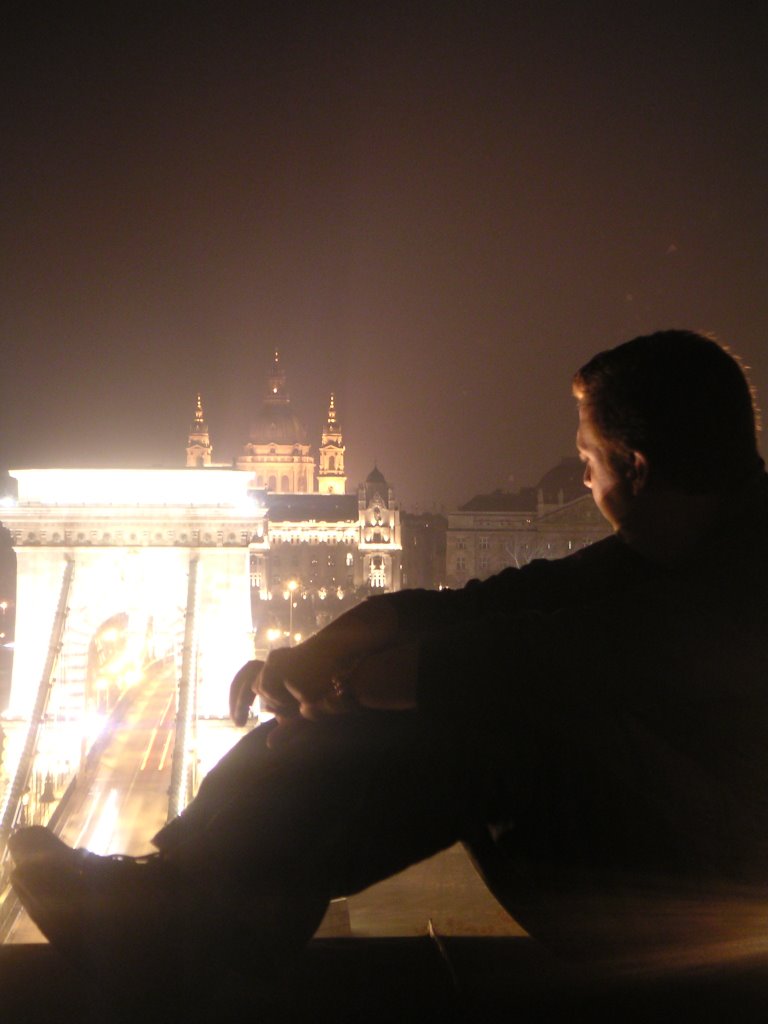The only class bordering on religion that I am taking this semester is about Kierkegaard. Kierkegaard, a Danish religious philosopher, was a prolific writer and serious thinker. He wrote texts such as Fear and Trembling, The Sickness Unto Death, and The Concept of Irony (his dissertation). Notice a trend? Perhaps a little bit of a downer? Maybe on the surface.
But what Kierkegaard is able to do, is delve into human interaction and nature. He questions the vailidity of our lives, wondering what, exactly, reality is.
Currently, in class, we are reading a book called Either-Or. Or in Danish, Enten-Eller. To understand the title, you first have to understand the usage of Enten-eller. It might be best translated into current American vernacular as "whatever." When are we going to dinner--five or seven? Enten-eller. Whenever. I don't care. Either-or.
This book's construction is complex with multiple "authors" all of which are singular, yet pulled together by a single author who compiles their letters, notes, and jourals. Confusing? Tell me about it.
But what is particularly fascinating is the front that Kierkegaard has one of his characters present to those who go through life with an "either-or" attitude. Kierkegaard questions what the point, then, is if one is to face life through the eyes of a mind focused on "either-or." In living in such a way, he claims, we can never really know others because we end up never truly knowing ourselves. We will never be able to love, because somewhere in ourselves, there is some fear--and love does not include fear.
The author of 1 John writes something similiar. In chapter 4 (verse 18), he writes "There is no fear in love, but perfect love casts out fear; for fear has to do with punishment, and whoever fears has not reached perfection in love."
So, then, if we fear, where is the love? And if we love, how can we still fear? And if we claim we love our neighbors, how can we still fear them?
If we love the sinner, then why do we fear the sin to the point that we are supposed to hate the transgression?
The obvious answer to this is that there is a difference between "perfect love" and "love."
But is that a reason to keep from craving perfect love? Should we just settle and call it a day?
Or should we keep searching for perfect love and make it our life's ambition?
Subscribe to:
Post Comments (Atom)






No comments:
Post a Comment